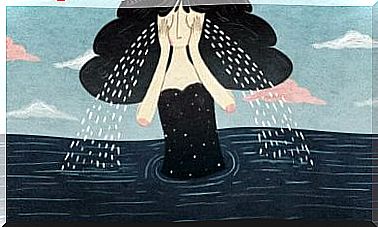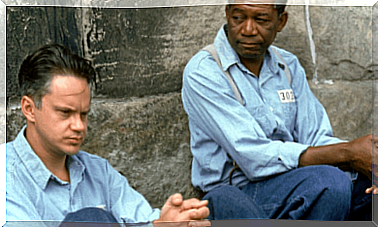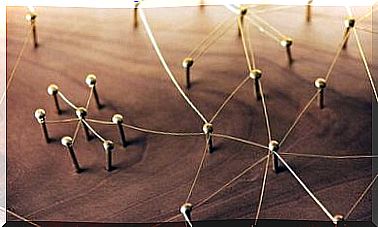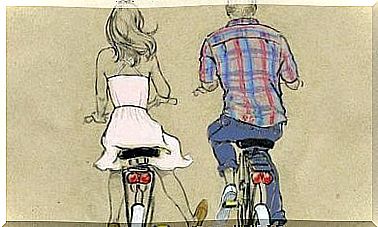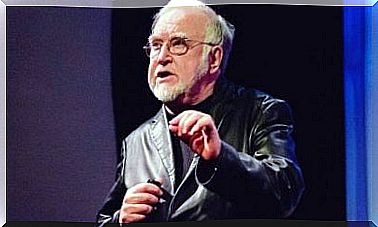The Way You Describe Others Says A Lot About You
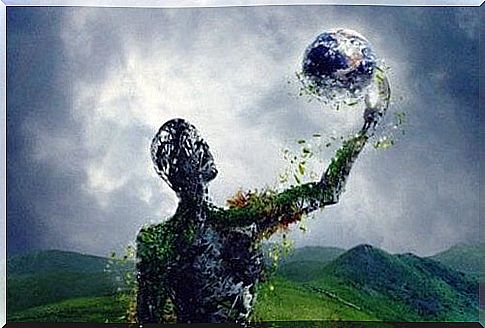
The way you describe others defines you. The way you tag, judge and value the people around you gives you a glimpse of your personality. The subtle, but always present brushstrokes of your identity, and also your self-esteem. This is something we can no doubt see every day. We also suffer when people attribute false qualities or values to us.
Let’s admit it right away: we humans, judge everyone else we meet on our way every day. Doing this is necessary to try to control our environment, and somehow know what to expect. Therefore, this is a completely normal and for some an obvious psychological process. No more than a mechanism that controls the amygdala in its usual purpose of guaranteeing our survival.
The brain and the way you describe others
In an interesting psychological study conducted at the University of New York, which was published in the Journal of Neuroscience , it was shown that this small brain structure determines whether a person is interesting to us or should be avoided within milliseconds. We can thus say that our brain places great emphasis on first impressions and strongly influences the way you describe others, although of course there are also small and interesting nuances.
And then, when the brain performs this very rapid assessment of whether we can trust someone or not, our personality comes into play. Our personality is the one who chooses to approach or avoid the person to see if our initial assessment was correct. Our personality will also attribute negative or positive qualities to those who inspire either mistrust or trust. Essentially, it articulates, conveys and determines your personality how you treat other people.
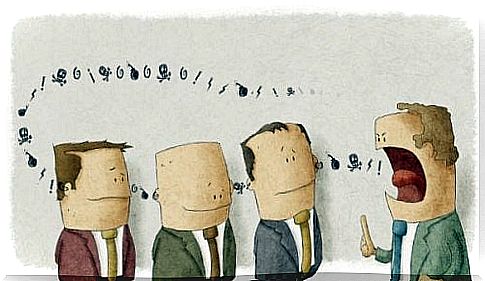
The way you describe others shows your true self
A Chinese proverb says that sometimes you can crush a person just with the weight of your tongue. This is a fascinating truth. No one can question the fact that many of the things we say can do great harm and cause much destruction. Most of us will see this every day in many different contexts: at work, at home and among friends.
We communicate with others as part of our socialization processes. During this interaction we should be friendly and correct. However, we are also infected with a habit of criticizing, putting labels on and feeling contempt. Many people attribute negative qualities to others. It’s almost like a form of exercise that people practice every single day.
“You are what you say.” This is an insightful statement from Dr. Skowronski of Wake Forrest University in North Carolina. He examined different types of personality and the attributions we create. The results were clear: the way you describe others defines you. We are what we say. We are everything we insinuate about and project on those around us.
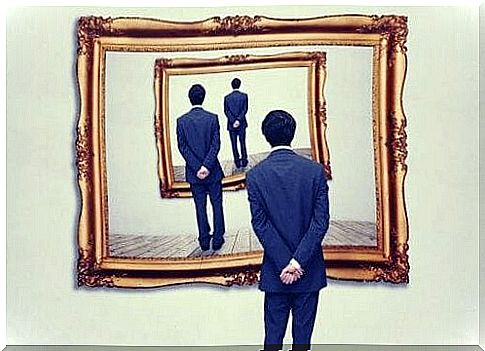
The dark lens of derogatory labels
Some people will not see. Those who always wear dark glasses for their short-sighted eyes move through a blurred world where it is best not to trust others. These people are carried away by stereotypes. They scoff at, ridicule and criticize those who do not think, feel or look like them.
If the way you describe others shows your personality, those who always use negative and critical labels show their own emptiness and lack of self-confidence. They are an example of how disqualification leaves frustration and unhappiness in its wake.
The rose-colored glasses for positivity
The researchers who conducted the Wake Forrest University study discovered something very striking. People who were less judgmental also had better attachment skills. Thus, those who are characterized by being more positive, optimistic and with a good self-esteem, are not as quick to get carried away by previous assessments and prefer to establish close relationships.
Only when we allow ourselves to put aside labels and inferences that have little or no weight, will we be able to increase the chances of creating healthy relationships and relationships with the people around us. We can enjoy more solid friendships and more respectful surroundings with far fewer prejudices.
When we describe others without the weight of mistrust and prejudice, we allow ourselves, almost unknowingly, to generate greater synergy with the people around us, free from stereotypes and categorization.
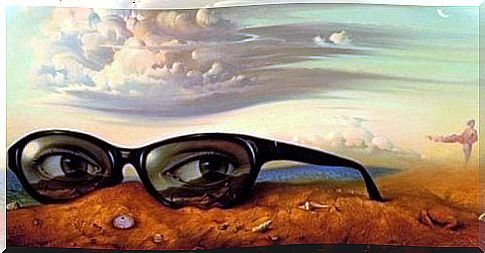
To conclude, avoid excessive use of the dark glasses. We often use them to protect ourselves, but it is always better to remove the filters and expand both sight and mind as much as possible. An alert, interested and humble perspective will always capture many more things than eyes that are used to living in their own darkness.
